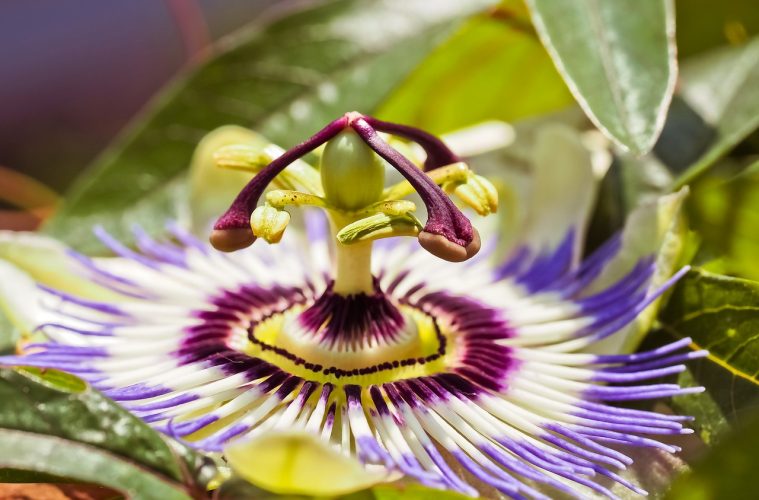Proper watering is essential for keeping your garden hydrated and healthy. Water is a critical component for plant growth, and understanding how to water your garden effectively can make a significant difference in the health and productivity of your plants. Here are some tips to help you ensure your garden gets the right amount of water it needs to thrive.
First, it’s important to understand the water needs of your plants. Different plants have different requirements. For instance, vegetables like tomatoes and cucumbers need a lot of water, while drought-tolerant plants like succulents and lavender need much less. Research the specific needs of the plants in your garden and group plants with similar watering needs together to make irrigation easier and more efficient.
One of the most effective ways to water your garden is to water deeply and infrequently. This encourages plants to develop deep root systems, which makes them more drought-resistant and less dependent on frequent watering. Shallow, frequent watering can lead to shallow root growth, making plants more susceptible to stress and disease. Aim to water the soil to a depth of at least six inches, ensuring the water reaches the roots where it is needed most.
Watering in the early morning or late afternoon is the best time to water your garden. During these times, temperatures are cooler, and there is less evaporation, meaning more water will reach the roots rather than being lost to the air. Avoid watering during the heat of the day, as the sun can cause the water to evaporate quickly, and watering at night can leave plants wet for too long, increasing the risk of fungal diseases.
Using mulch is an excellent way to help retain moisture in your garden. Mulch acts as a barrier, reducing evaporation from the soil and keeping it cooler. Organic mulches, such as straw, wood chips, or compost, also add nutrients to the soil as they decompose. Apply a layer of mulch around your plants, but be careful not to pile it up against the stems or trunks, as this can lead to rot.
Drip irrigation systems and soaker hoses are efficient ways to deliver water directly to the base of your plants, minimizing water waste. These systems allow water to seep slowly into the soil, ensuring deep and even watering. They are especially useful for vegetable gardens and flower beds, where consistent moisture is crucial. Drip irrigation and soaker hoses also reduce the risk of disease by keeping foliage dry.
Collecting rainwater is an eco-friendly way to water your garden. Installing rain barrels or other rainwater harvesting systems can provide a free source of water for your plants. Rainwater is naturally soft and free of chemicals, making it ideal for garden use. Use collected rainwater to supplement your regular watering routine, especially during dry periods.
It’s essential to check the moisture level of your soil regularly. Stick your finger into the soil about an inch deep to see if it feels dry. If it does, it’s time to water. Alternatively, you can use a moisture meter to get a more accurate reading. Monitoring soil moisture helps prevent overwatering, which can be just as harmful as underwatering. Overwatering can lead to root rot, nutrient leaching, and other issues.
Adjust your watering practices according to the season and weather conditions. During hot, dry spells, your garden will need more water, while cooler, rainy periods require less. Be mindful of the weather forecast and adjust your watering schedule accordingly. In the winter, many plants enter a dormant phase and require significantly less water.
Proper watering techniques also involve understanding the specific needs of container plants. Containers can dry out more quickly than garden beds, so they may need to be watered more frequently. Ensure that containers have good drainage to prevent water from sitting at the bottom, which can lead to root rot. Using self-watering containers or adding a layer of gravel at the bottom of the pot can help improve drainage.
By following these watering tips, you can maintain a hydrated and healthy garden. Proper watering practices not only ensure that your plants receive the necessary moisture for growth but also contribute to the overall health and sustainability of your garden. With careful attention and a bit of effort, you can create a thriving garden that brings beauty and productivity to your outdoor space.

